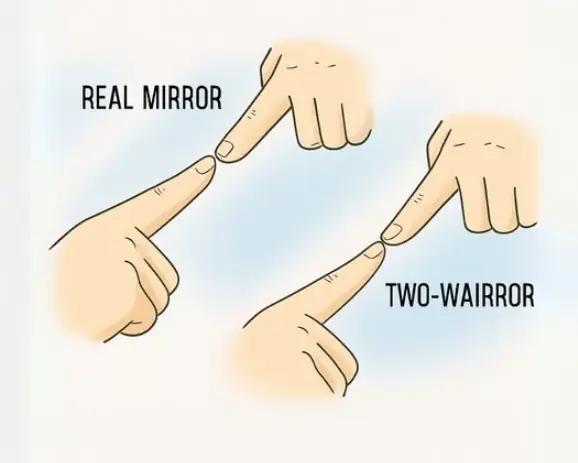
Who should not eat potatoes?
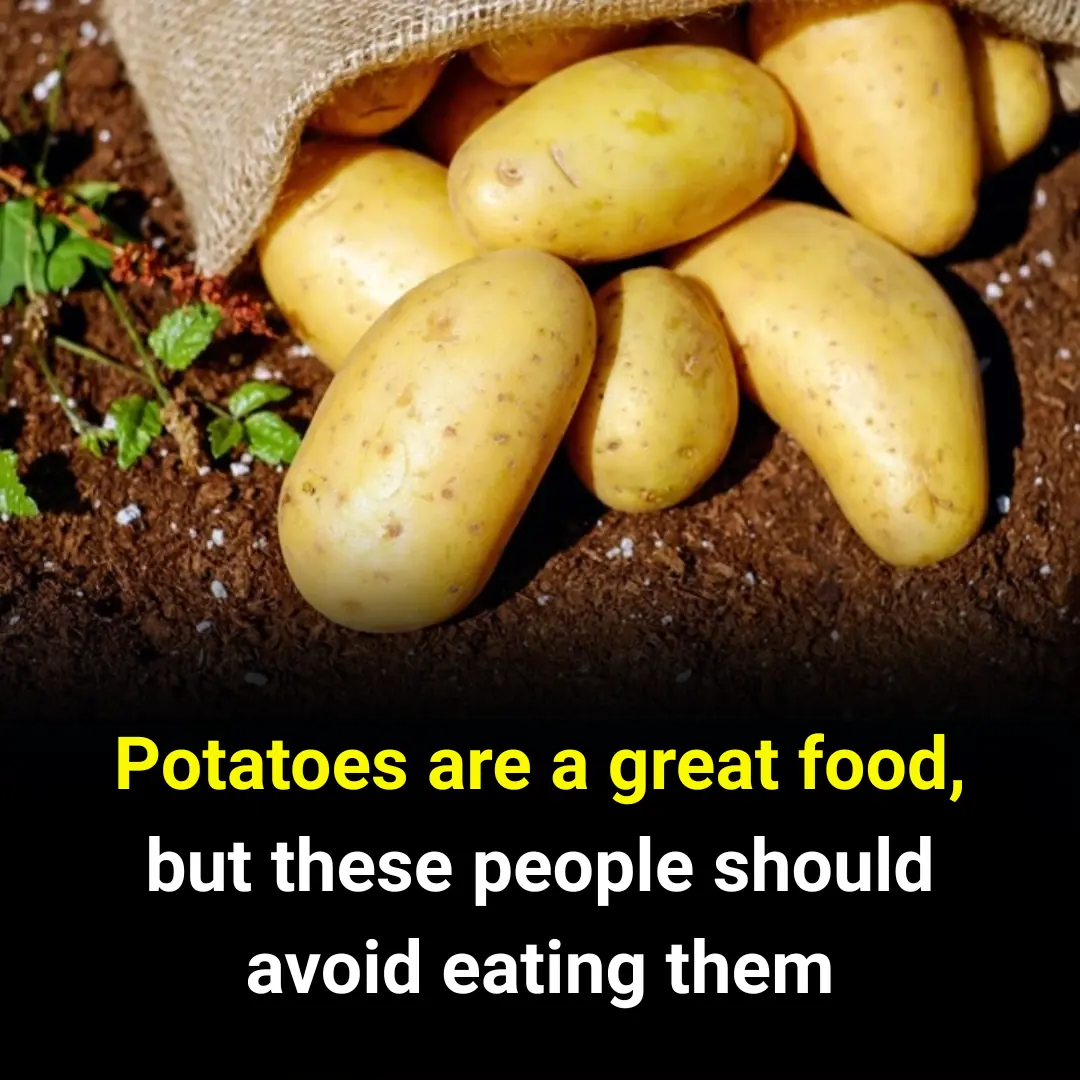
Potatoes are a common and nutritious food, rich in starch and various nutrients. However, not everyone should consume potatoes frequently or in all forms. Below are some groups of people who should consider limiting or avoiding potatoes due to specific health concerns:
1. People with Diabetes
Potatoes have a relatively high glycemic index (GI), especially when fried or roasted, which can cause a rapid spike in blood sugar levels. This makes it difficult for diabetics to control their blood glucose. Diabetic individuals should prefer boiled or steamed potatoes in small portions to avoid sudden blo.od sugar increases and always combine them with a balanced diet and regular medical monitoring.
2. People Trying to Lose Weight or with Obesity
Potatoes contain a high amount of starch and calories, especially when prepared as fried foods such as French fries or potato chips. Consuming excessive potatoes can increase calorie intake, leading to weight gain or hindering weight loss efforts. Those on a diet should limit fried potato dishes and opt for boiled or steamed potatoes combined with high-fiber vegetables to balance nutrition.
3. People with Digestive Disorders, Bloating, or Irritable Bowel Syndrome (IBS)
Potatoes, particularly if not cooked thoroughly, may cause bloating or indigestion in sensitive individuals. Those with digestive issues or IBS should monitor their reactions to potatoes and avoid consuming raw or undercooked potatoes to prevent discomfort.
4. People Allergic to Potatoes or Potato Components
Though rare, some people may be allergic to potatoes, experiencing reactions like rashes, itching, swelling, or more severe symptoms such as difficulty breathing. If allergy symptoms appear after consuming potatoes, stop eating them immediately and consult an allergy specialist.
5. People with Cardiovascular Disease or High Cholesterol
Potatoes are often prepared fried, which increases saturated fat and “bad” LDL cholesterol in the diet. Excessive consumption of fried potatoes can increase the risk of heart disease, atherosclerosis, or high blood pressure. Those with heart conditions should avoid fried potato dishes and choose healthier preparation methods like steaming or boiling.
6. People with Kidney Problems or Kidney Stones
Potatoes are rich in potassium - a mineral essential to the body but potentially ha.rmful if it accumulates excessively, especially in people with kidney disease or kidney stones. Impaired kidney function affects potassium excretion, raising the risk of potassium toxicity, which can harm the heart and overall health. Individuals with kidney issues should limit potassium-rich foods, including potatoes.
7. People Concerned with Weight Management Should Choose Preparation Methods Wisely
While not necessarily needing to avoid potatoes altogether, people managing their weight should pay close attention to how potatoes are prepared. Boiled or steamed potatoes retain nutrients and contain fewer calories than fried or oil-rich preparations. Combining potatoes with lean protein and vegetables helps maintain balanced nutrition without excess calories.
Potatoes are a nutritious and familiar food, but not everyone can eat them freely, especially those with diabetes, kidney or heart diseases, or those aiming to lose weight. Choosing the right type of potato, cooking method, and portion size is crucial to enjoy the health benefits without adverse effects.
If you belong to these groups, it’s best to consult with a doctor or nutritionist for personalized advice and an appropriate diet plan.
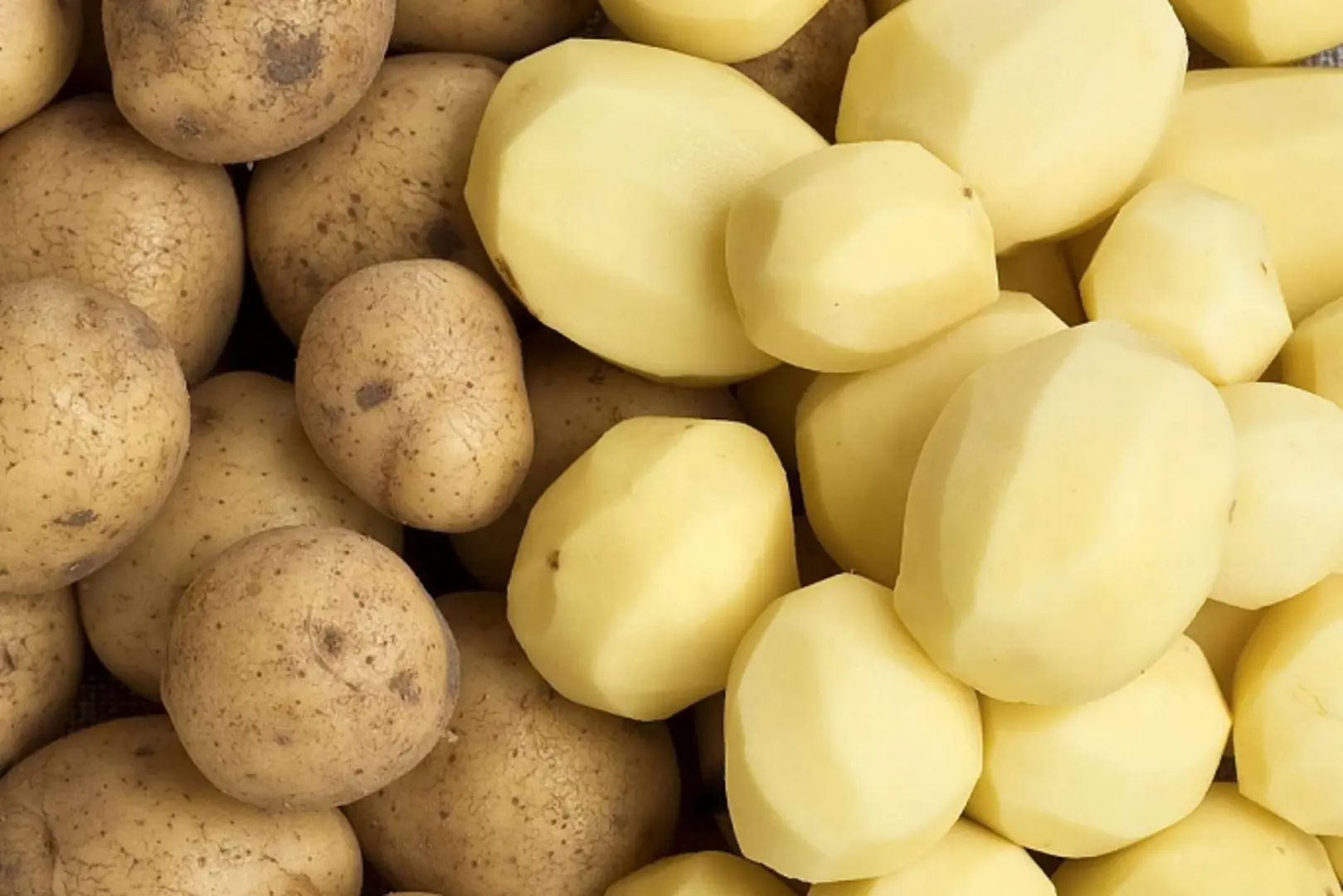
News in the same category

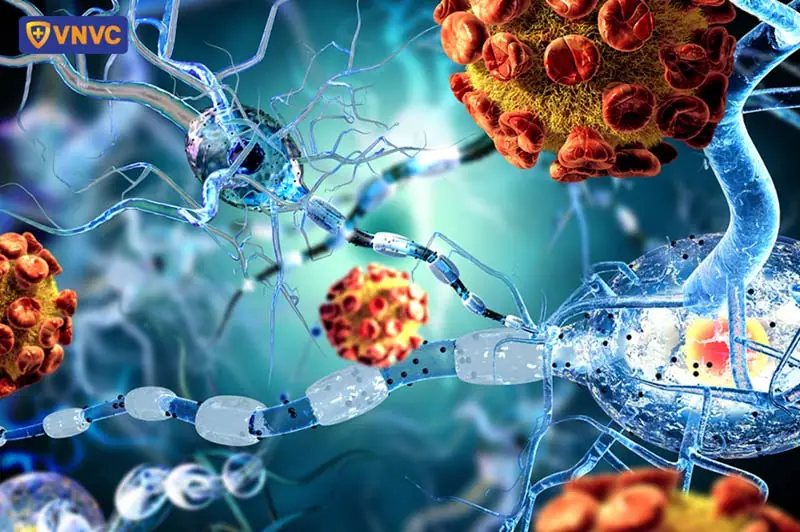
Why the Japanese Live Among the Longest Lives in the World

Hyaluronic acid fillers: The surprising truth revealed through MRI scans

Sleeping Over 10 Hours a Day? Beware — It Could Signal These Hidden Health Problems
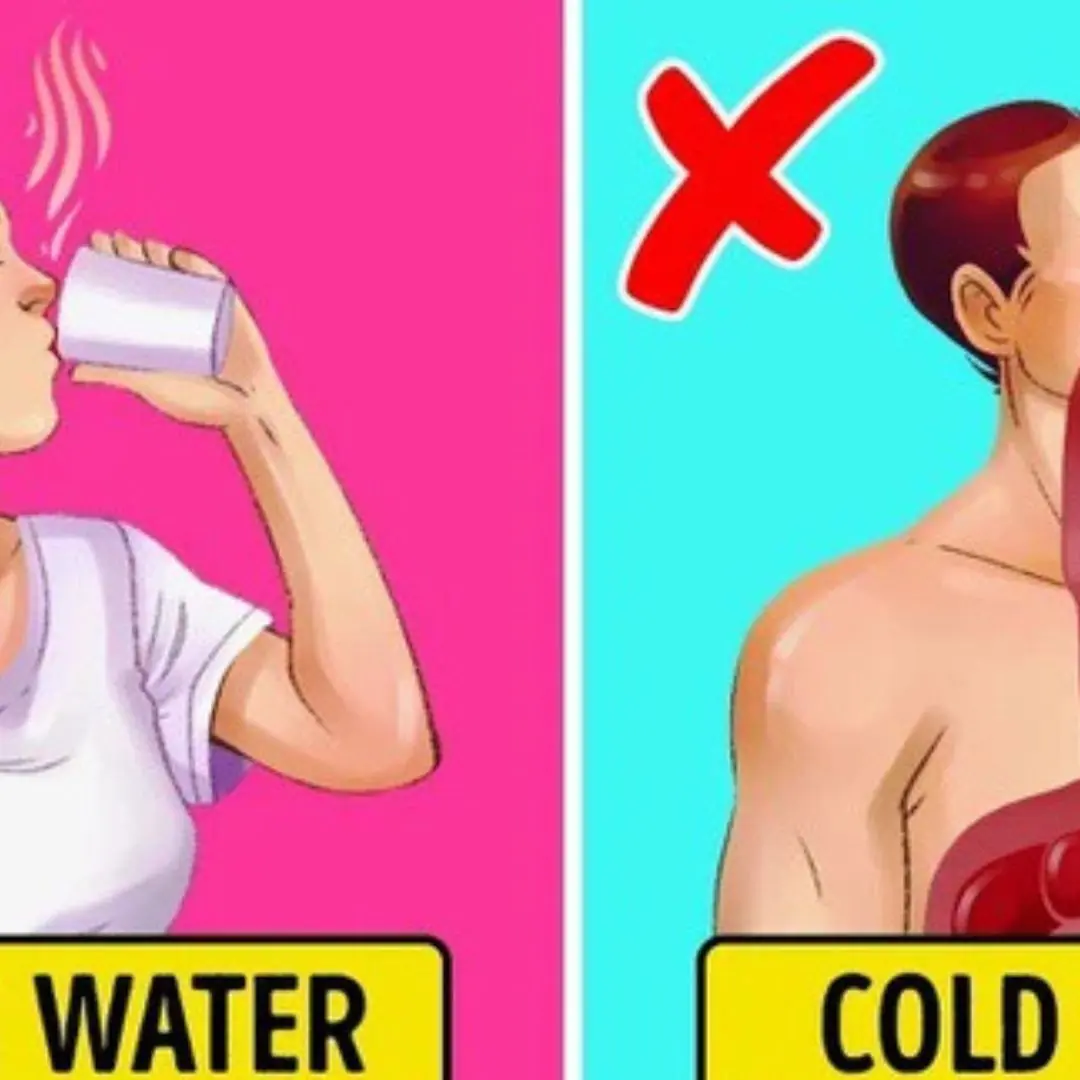
Drinking Warm vs. Cold Water — Discover How Each Impacts Your Health

Rectal Cancer Warning: 5 Uncommon Symptoms You Should Never Overlook

Be careful if your hair shows these 6 signs

Experts warn: If these 3 signs appear at night, your kid.neys may be damaged

Sho.cking health benefits of sweet potatoes you never knew about
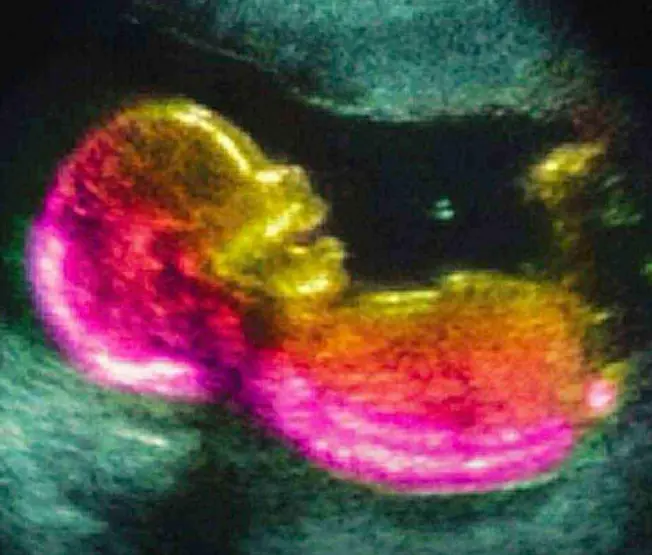
Study identifies possible connection to autism development

You should immediately give up the habit of eating this fruit and then scraping off the seeds because it has amazing benefits that few people expect.

Cold Weather, Frequent Nighttime Urination in Men, and Its Potential Health Consequences

The familiar seeds in the kitchen turn out to be a precious medicine with 9 wonderful uses

5 evening habits for a healthy liver and clean intestines

Doctor’s Reminder: Stop Drinking These 5 Beverages Immediately

These 3 symptoms often appear in the morning - everyone should pay attention

5 types of fruit that make ca.n.cer "fearful" turn out to be full in the corner of the countryside garden, the world praises them but some are ignored

This tuber is considered "winter ginseng": Eating it correctly will double the benefits, eating it incorrectly will only bring harm to the body

5 food groups that shorten life expectancy and silently feed cancer cells are favorite dishes of many people.

5 reasons you should not eat tilapia
News Post

Pickled Vegetables: A Favorite Dish but Extremely Harmful for These 4 Groups of People!

Why the Japanese Live Among the Longest Lives in the World

Hyaluronic acid fillers: The surprising truth revealed through MRI scans

Sleeping Over 10 Hours a Day? Beware — It Could Signal These Hidden Health Problems

Drinking Warm vs. Cold Water — Discover How Each Impacts Your Health

Rectal Cancer Warning: 5 Uncommon Symptoms You Should Never Overlook

Be careful if your hair shows these 6 signs

A controversial incident at a supermarket has sparked debate about fairness, rules and responsibility

When buying dragon fruit, should you choose ones with short or long stems? Knowing this trick, you’ll pick 10 perfect fruits every time!

Experts warn: If these 3 signs appear at night, your kid.neys may be damaged

Eat 1 bell pepper every day, your body will receive 5 unexpected benefits

This method makes them spotless like new—no need to remove the frame
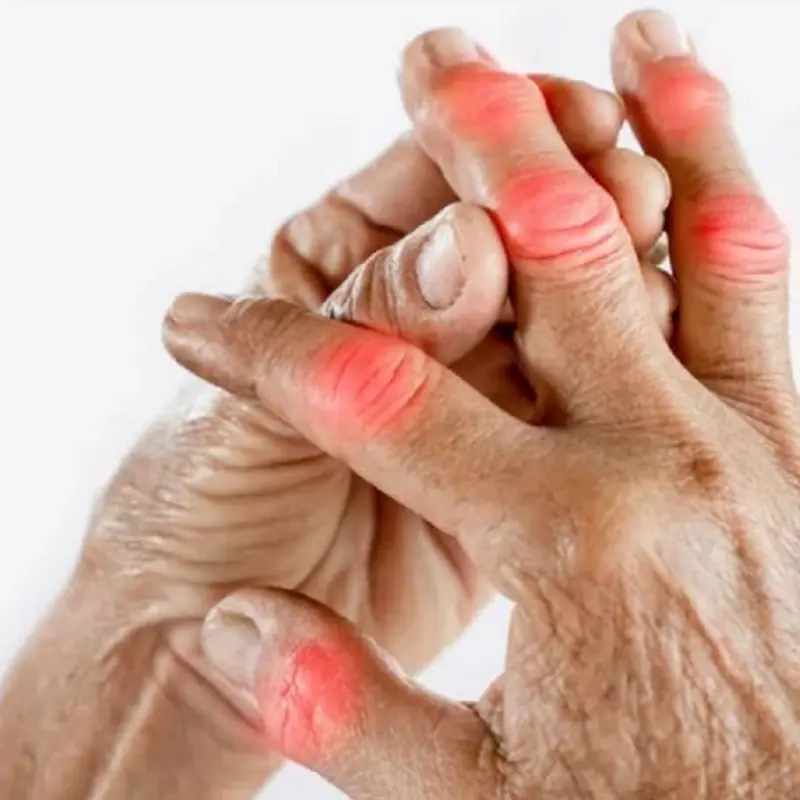
8 Early Warning Signs of Art.hr.itis You Must Pay Attention To

Sho.cking health benefits of sweet potatoes you never knew about

Did you know that common foods we eat daily—such as greens, seafood, and meat—can be infected with worms? Let’s explore which foods are most vulnerable and how to reduce the risk
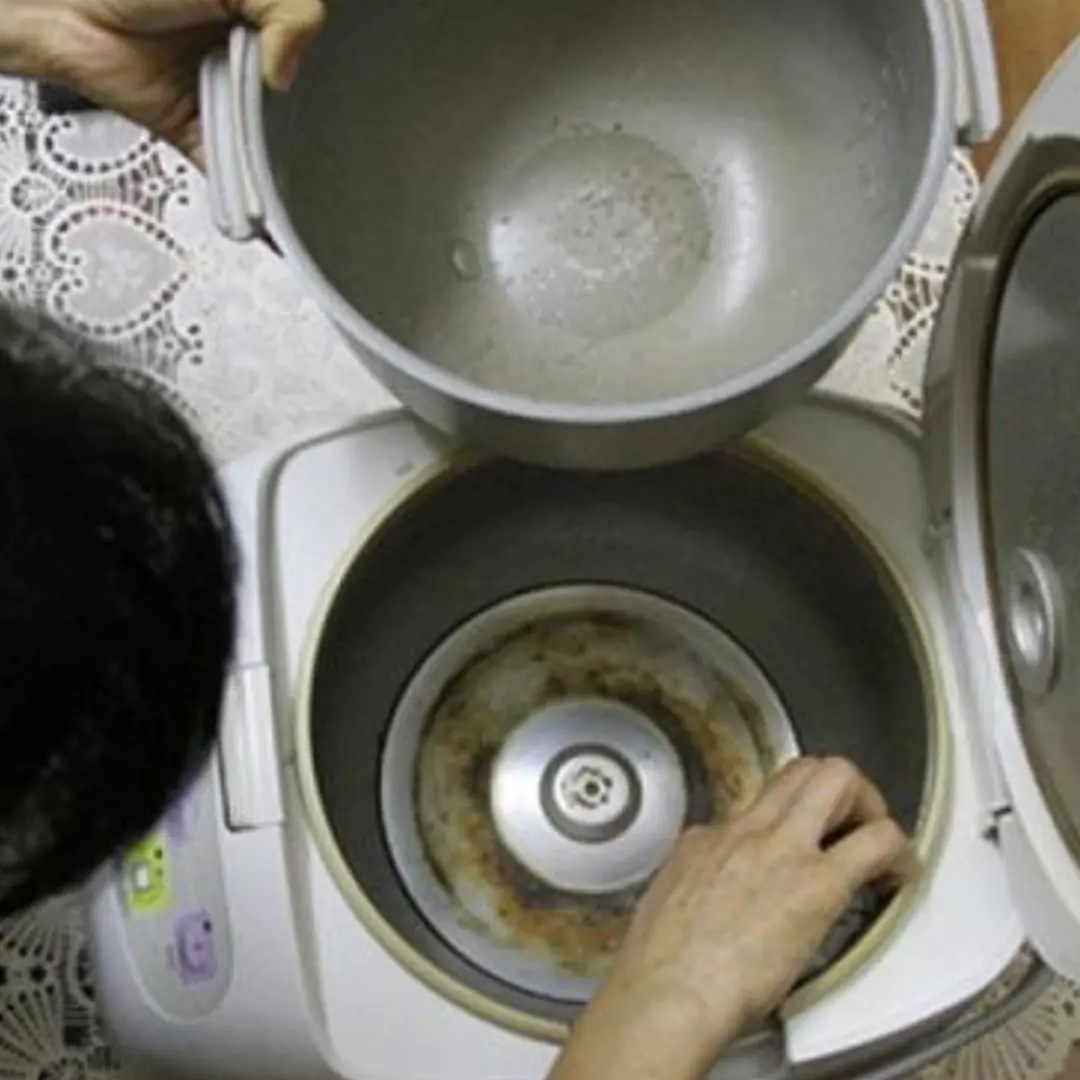
This tiny cleaning trick for your rice cooker could save you a fortune in electricity costs.

Study identifies possible connection to autism development

You should immediately give up the habit of eating this fruit and then scraping off the seeds because it has amazing benefits that few people expect.
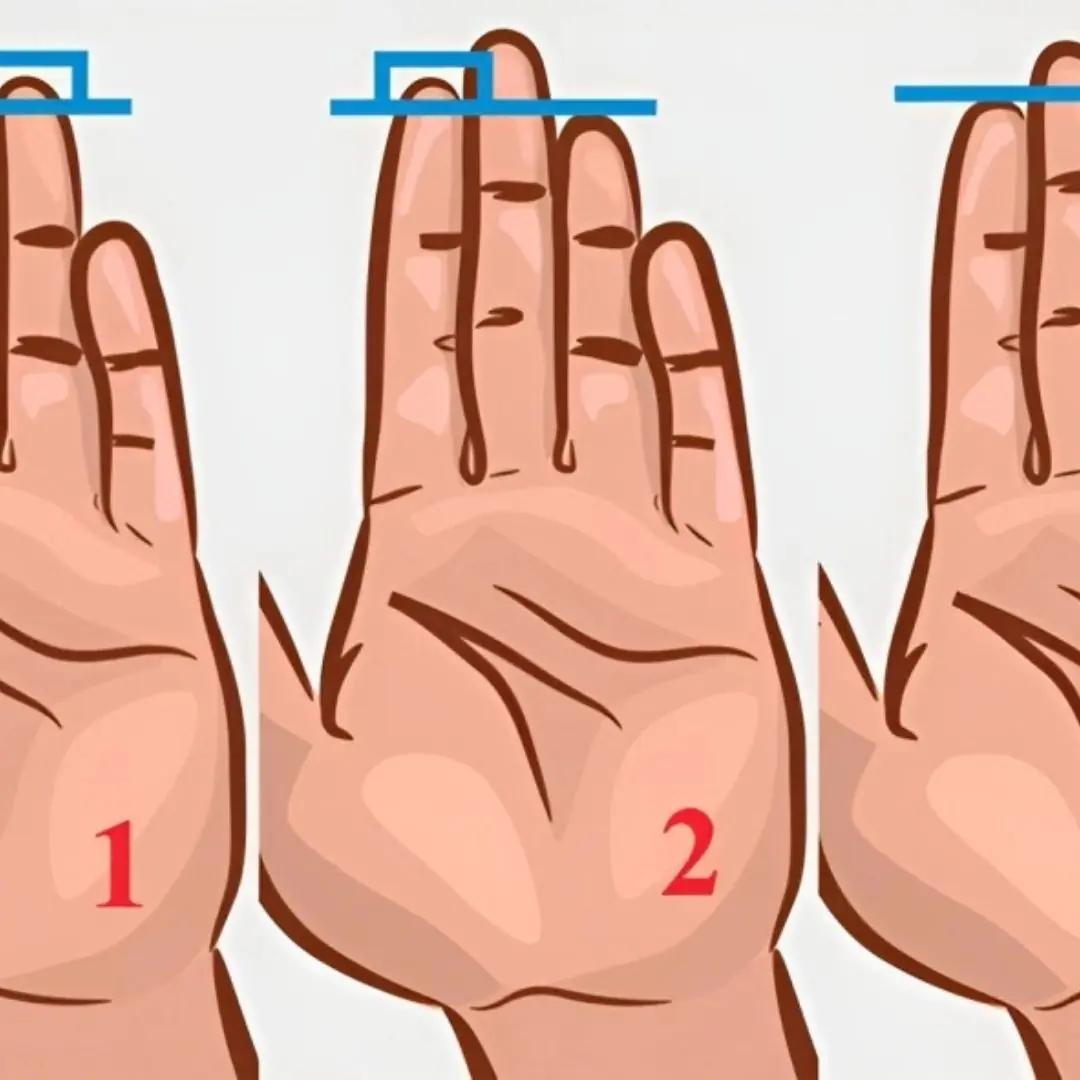
Ring Finger Length Reveals Interesting Personality Traits
